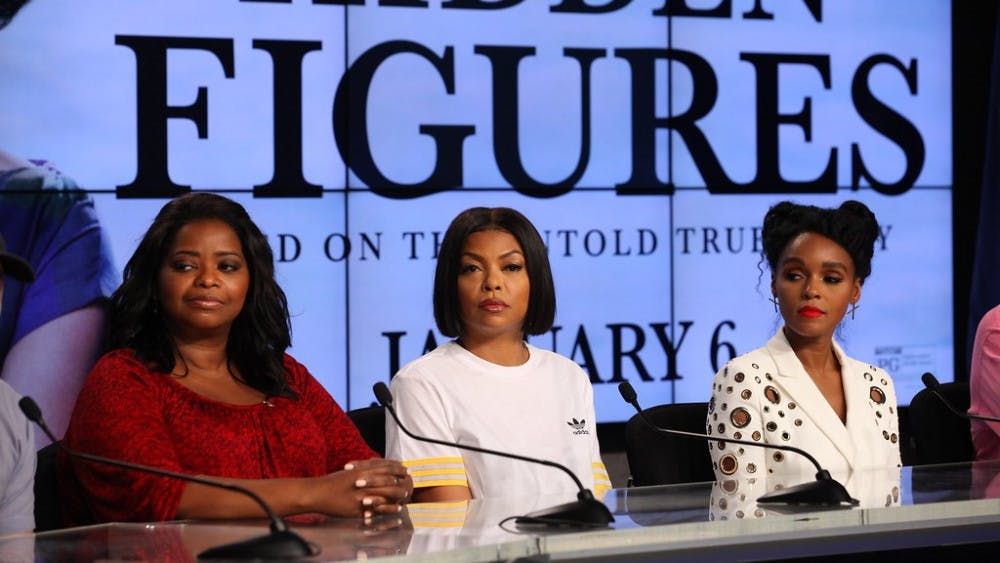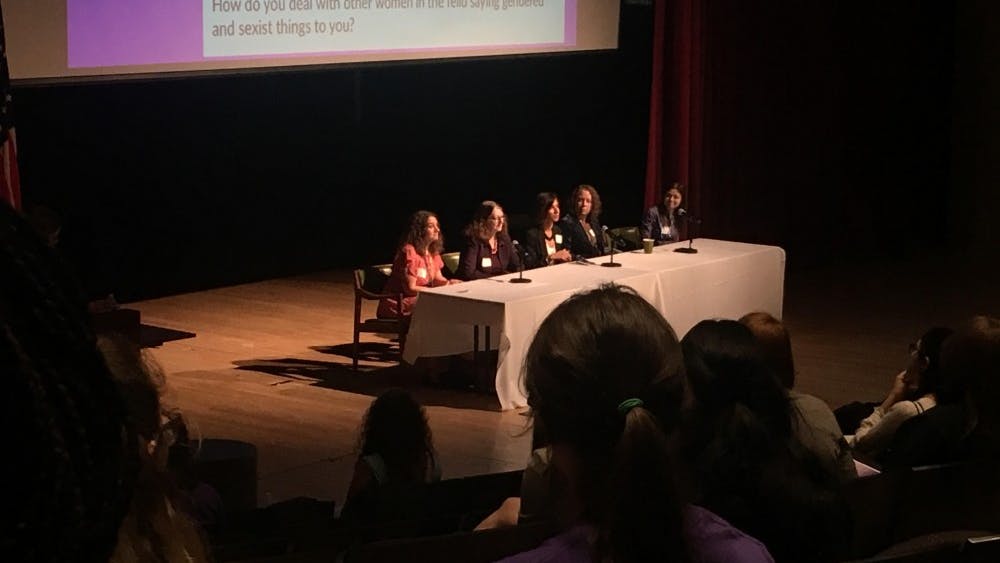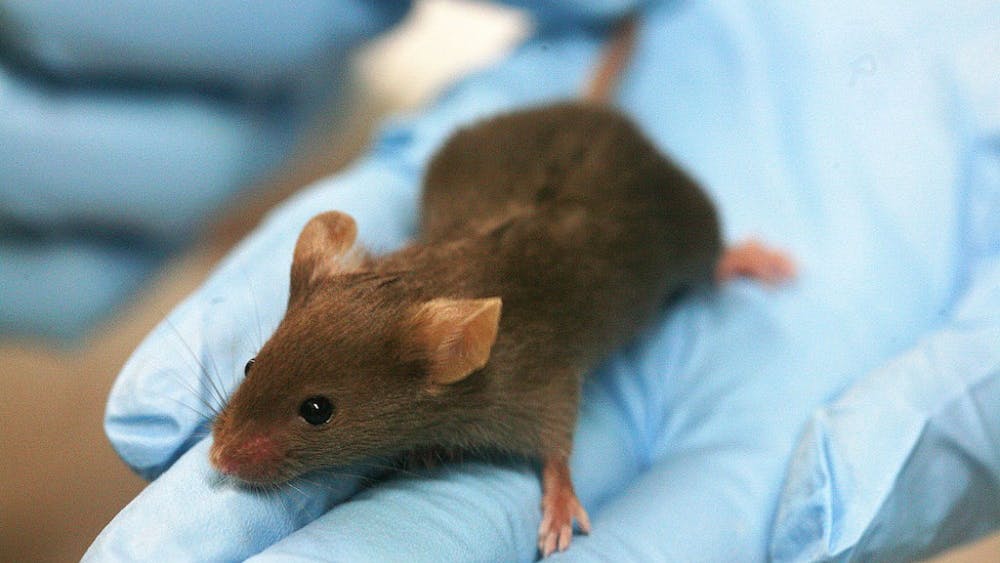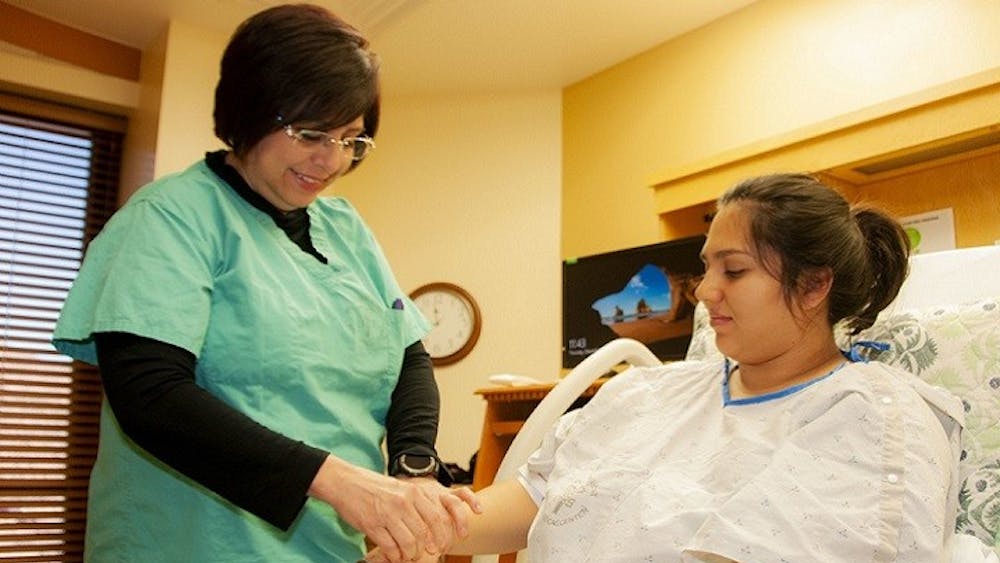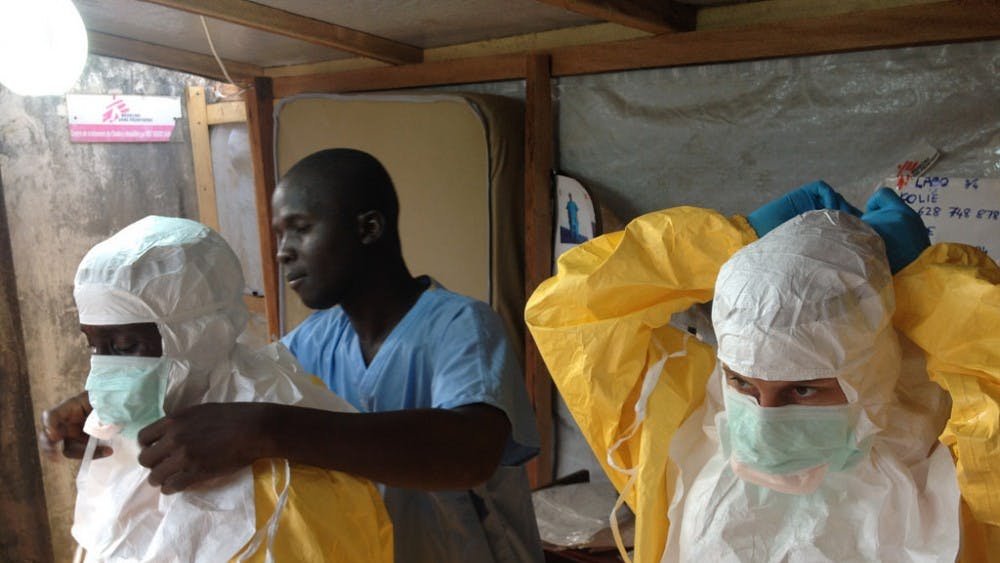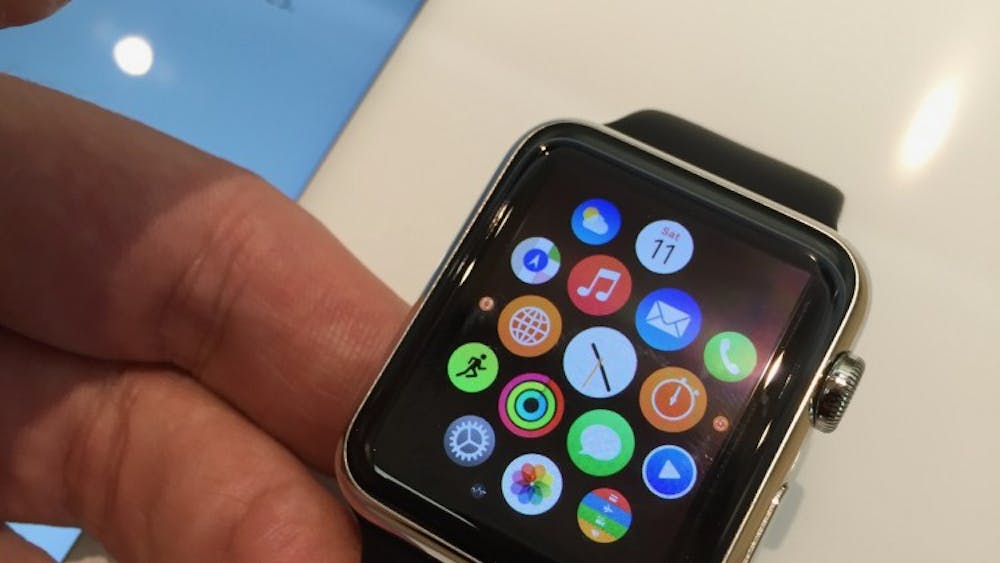Researchers discover metabolic processes of microbes
By SHIRLEY MARINO LEE | April 11, 2019A research team at Washington University in St. Louis has been working on understanding the metabolic processes of a strain of Rhodopseudomonas palustris. This microbe is commonly found in swine waste lagoons, earthworm droppings and pond water.



